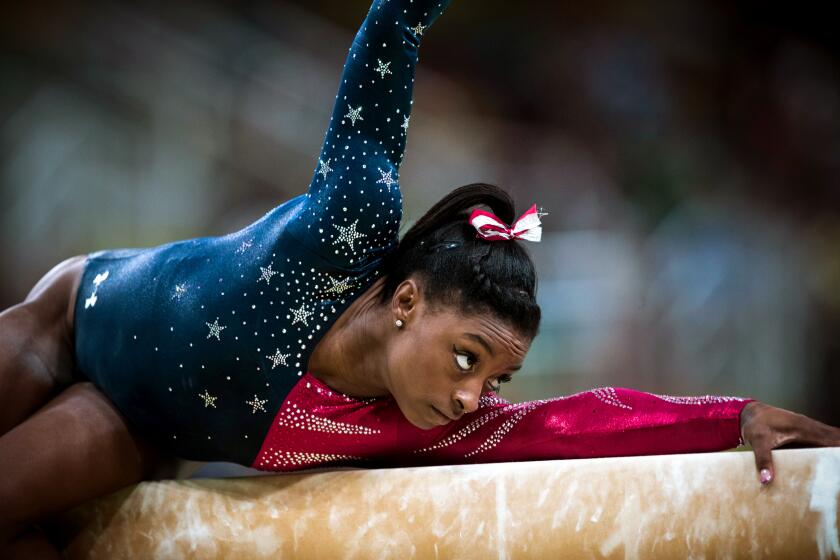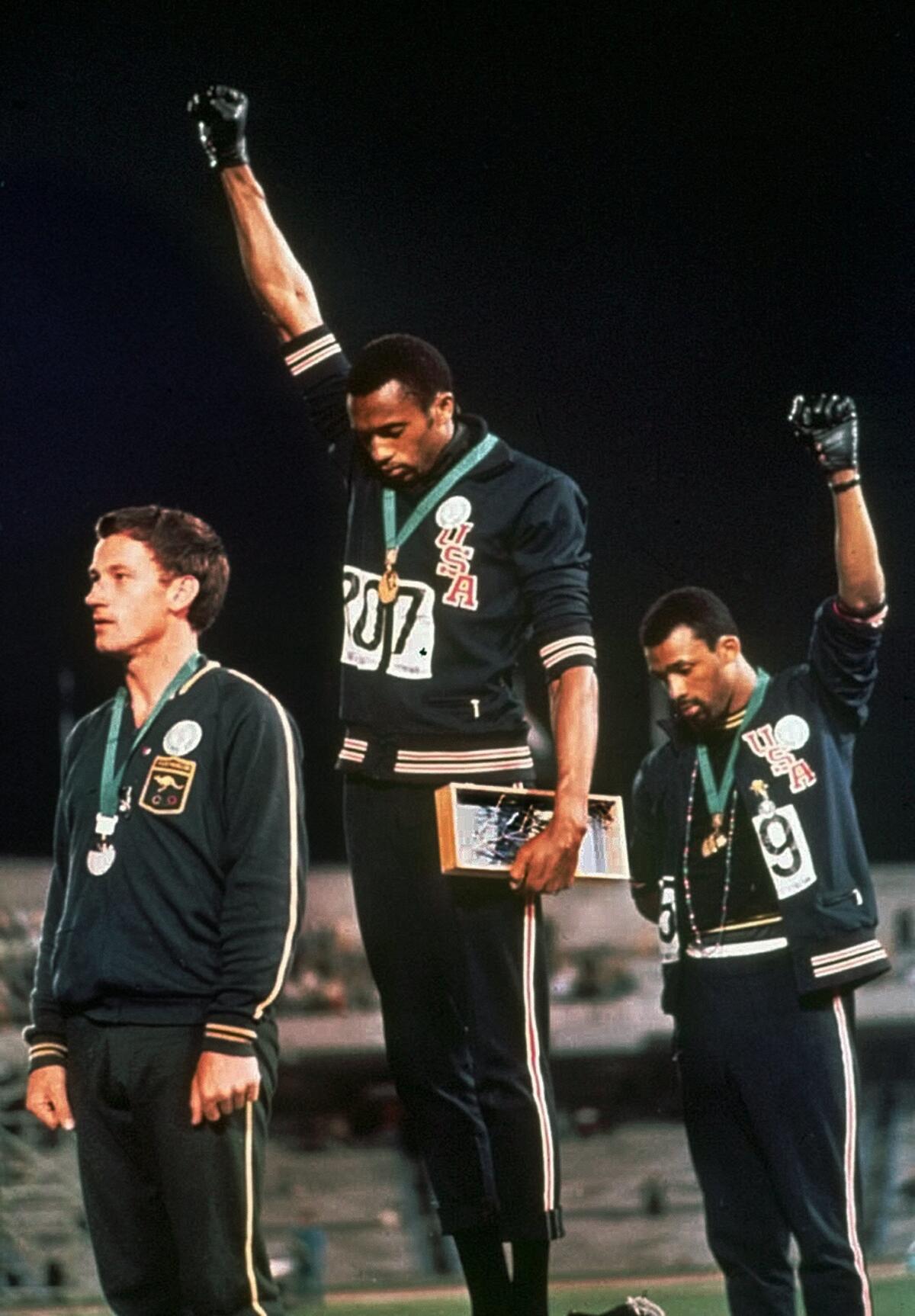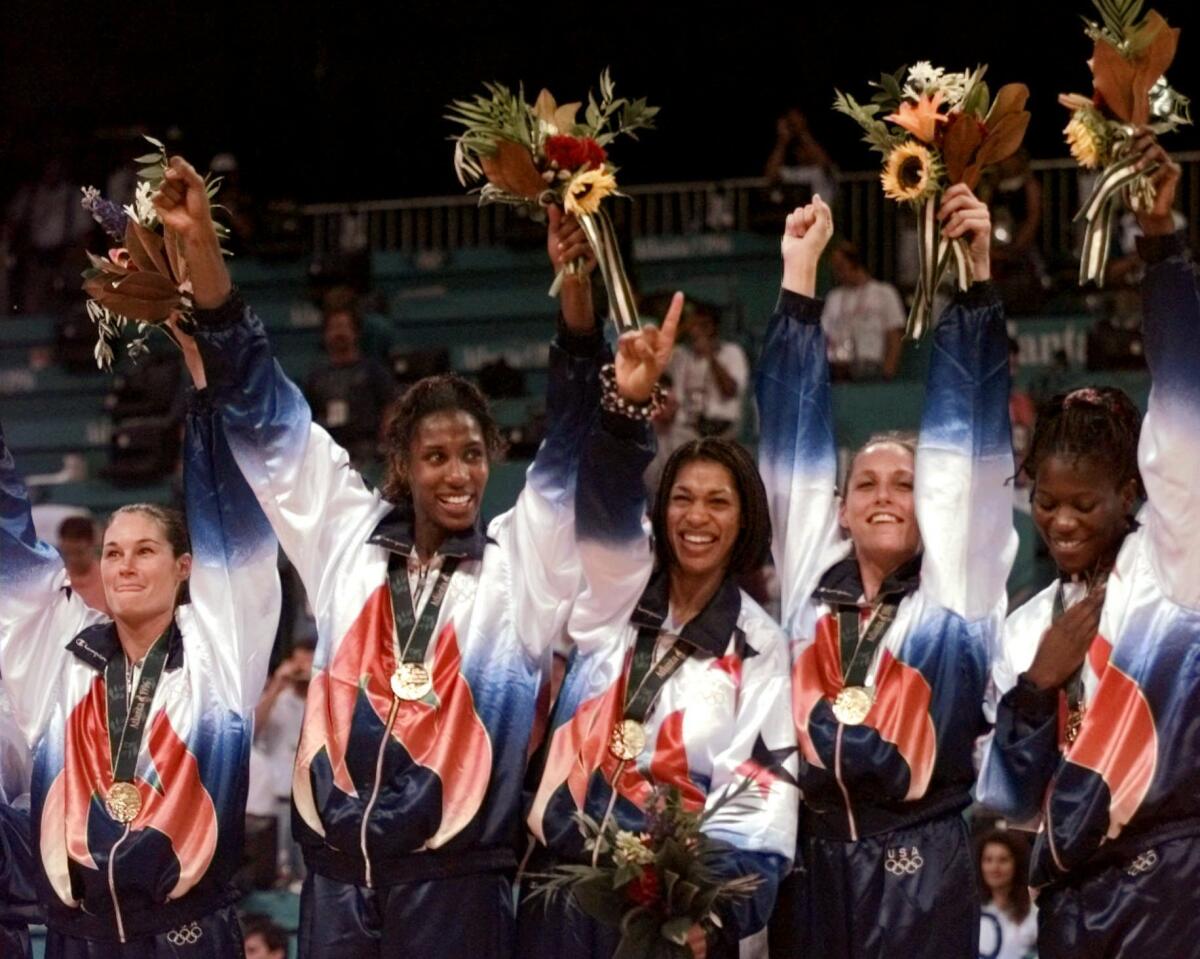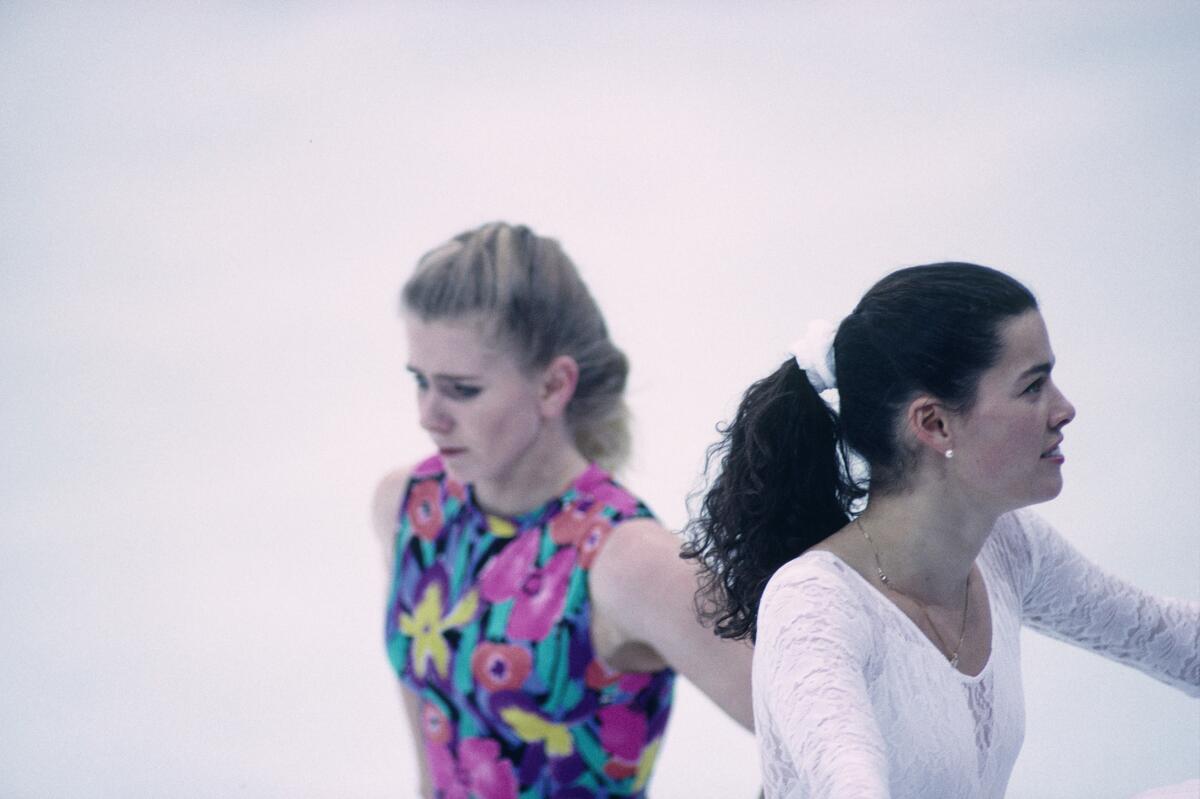The complete guide to home viewing
Get Screen Gab for everything about the TV shows and streaming movies everyone’s talking about.
You may occasionally receive promotional content from the Los Angeles Times.
Follow Us
Meredith Blake is a former senior writer for the Los Angeles Times based out of New York City, where she wrote about pop culture. A native of Bethlehem, Pa., she graduated from Georgetown University and holds a master’s degree from New York University.
A lifelong Los Angeles resident, Greg Braxton has written for the Los Angeles Times for more than three decades. He currently is a staff writer covering television for the Calendar section, and has also written extensively about trends and cultural issues in the entertainment field.
Matt Brennan is a Los Angeles Times’ deputy editor for entertainment and arts. Born in the Boston area, educated at USC and an adoptive New Orleanian for nearly 10 years, he returned to Los Angeles in 2019 as the newsroom’s television editor. He previously served as TV editor at Paste Magazine, and his writing has also appeared in Indiewire, Slate, Deadspin and numerous other publications.
Tracy Brown is a reporter for the Los Angeles Times covering television, film and other pop culture.
Maira Garcia is the television editor for the Los Angeles Times. Previously, she was an editor on the culture desk at the New York Times, where she focused on awards shows and breaking news coverage, and led the department’s audience strategy. A native of Texas, she graduated from Texas State University with bachelor’s and master’s degrees in mass communication.
Robert Lloyd has been a Los Angeles Times television critic since 2003.















